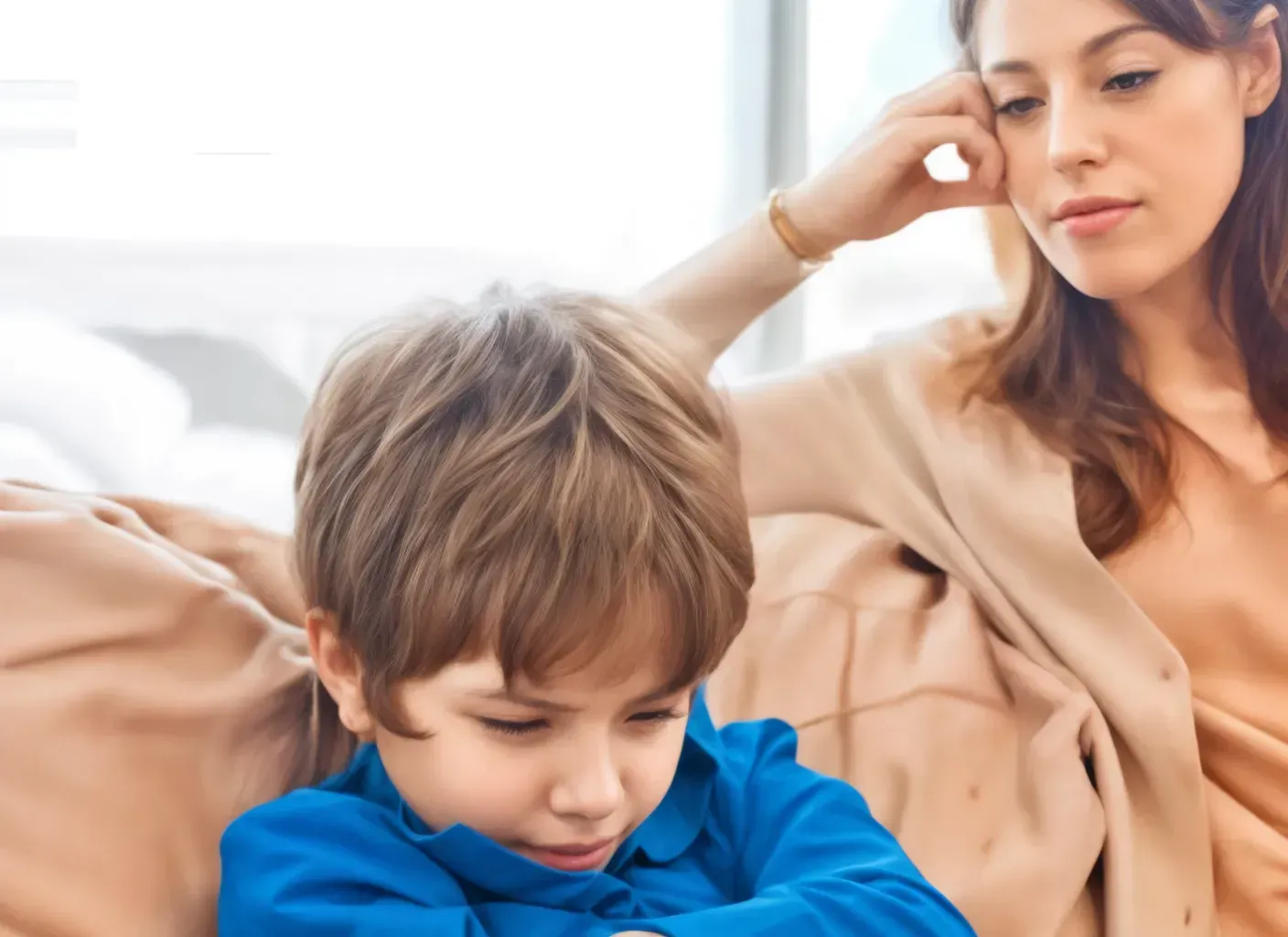Explore Our Blog
Children’s Mental Health and the Role of Parenting – Part 13: The Link Between Discipline and Mental Wellbeing
Advance Minds Blog
A safe space to explore subjects within the community such as mental health, substance abuse and personal identity.
Our safe space also provides the opportunity for real individuals to express their hardships and success through writing.
Discipline plays a central role in raising children, but the way it is practiced can either nurture or harm their mental wellbeing.

Effective discipline teaches responsibility, respect, and self-control, while harsh or inconsistent discipline may lead to anxiety, resentment, or defiance.
Understanding this balance helps parents guide their children in a way that supports both growth and emotional health.
👨👩👧 Discipline as Guidance, Not Punishment
Children thrive when discipline is framed as guidance rather than punishment.
The goal should be to help them understand the impact of their actions and encourage better choices in the future.
💬Encourages learning from mistakes instead of fearing consequences
Builds trust between parent and child
Reinforces values of respect and empathy
⚖️ The Dangers of Harsh Discipline
Excessive punishment, yelling, or physical discipline may achieve short-term compliance but can create lasting emotional harm.
- Leads to fear and insecurity instead of understanding
- Increases the risk of anxiety, aggression, or withdrawal
- Damages the parent–child relationship over time
🛠 Positive Discipline Strategies
- Parents can use approaches that guide children while supporting their mental health.
- Setting clear expectations and consistent boundaries
- Offering natural or logical consequences
- Using positive reinforcement to encourage desired behavior
- Practicing patience and calm communication
🌿 Discipline and Emotional Regulation
When discipline is balanced and consistent, it helps children learn how to regulate their own emotions.
They begin to understand that mistakes are opportunities for growth, not reasons to feel ashamed.
This builds resilience and a healthier self-image.
💡 Teaching Responsibility
A strong link exists between discipline and personal responsibility.
Children raised with fair and consistent discipline tend to develop a better sense of accountability and respect for others.
- Helps children take ownership of their actions
- Encourages problem-solving skills
- Strengthens decision-making abilities
🧩 Finding Balance in Parenting Styles
The key is balance: being firm enough to guide, yet compassionate enough to nurture.
Parents who combine structure with warmth raise children who feel both secure and respected.
This promotes stronger mental health and emotional wellbeing.
🌿 Final Thoughts 💞🌈
Discipline is not about control but about teaching children how to grow into thoughtful, responsible individuals.
By practicing positive and balanced discipline, parents provide their children with the tools to navigate life’s challenges with confidence and care.
The long-term effect is not only better behavior but also a healthier, happier state of mind.

















